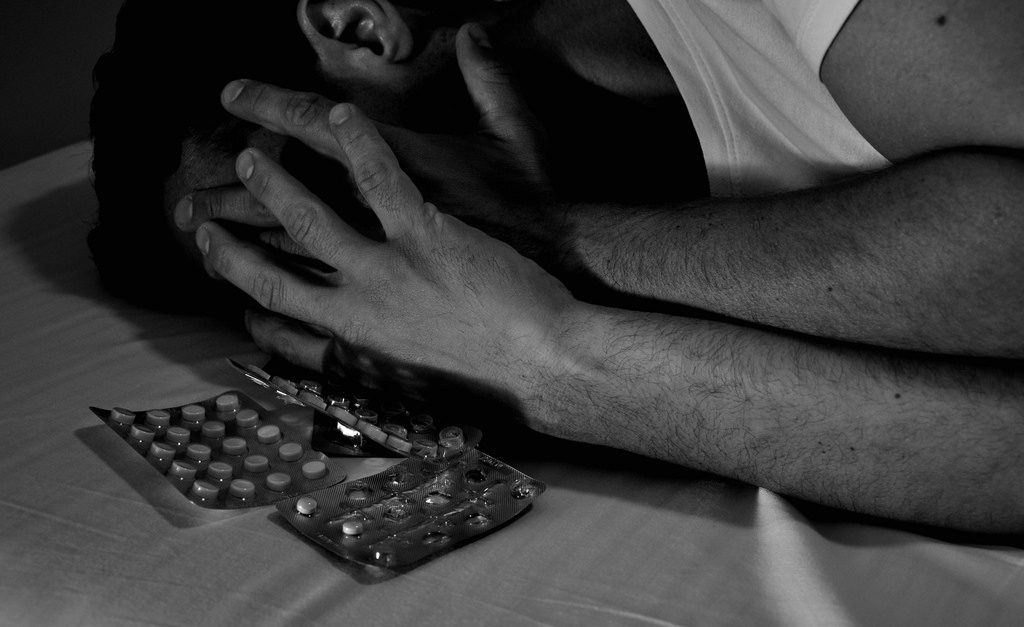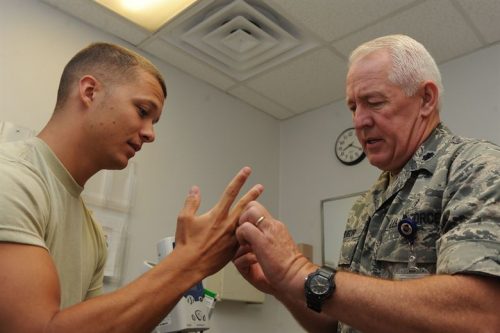
Choose a job you love, and you will never have to work a day in your life.
But what happens when the job you chose is taking its toll on you? Instead of bringing out the best in you, it is the stressor that bears you down. Read on….
Understanding Depression
Depression is always knocking at our doors in many forms. Last year, WHO (2017) mentioned that the typical leading cause of poor health and disability is depression. Health records revealed that between 2005 and 2015, almost 18% increase in the incidence rate was reported or over 300 million people all over the world were experiencing the signs and symptoms of depression.
A leading expert in depression studies presented the many causes of psychological imbalance. This includes different types of environmental factors, including stress, relational problems, problems in school and work, and having a chronic medical illness. Recently, newer studies have expanded on examining the workplace as a contributing factor for one to become depressed. Psychologists posit that when a person starts to work, the time he spent working is much higher than other things he does. As such, terms like “workaholic” or “work slave” became a mainstream lingo for individuals who are preoccupied with work.
Dr. Igor Galynker (2017) mentioned acute stress in the workplace can activate the stress response in a right way and serves as a drive to boost performance; however, chronic stress or continuously exposed to stressful situations can trigger emotional problems, one of which is depression. The factors that were identified to cause distress in the workplace are the following: job insecurity, feeling like you have no control, irregular work hours and poor sleep, work-life interference, workplace discrimination and harassment, and values that don’t align with the person.
Jobs That Are More Prone To Depression

The following occupations or job positions have presented a much higher risk of causing depression:
Personal Caregivers. Taking care of sick people and assisting them all throughout the day can be exhausting, yet rewarding. The caregiver unconsciously integrates within himself all the activities that he does for the person such as bathing, eating, or even giving of medications. The longer the caregiver renders services to the patient, the more he becomes attached and connected. The sad fact is when the patient continues to deteriorate and eventually dies. This is when the caregiver can experience some form of depression.
Food service crew. Some experts believe that customers’ demands or complaints are just tip of the iceberg to make this occupation as a risk for depression. The job demands physical exertion that by the end of the day, the person is exhausted and frequently underappreciated. Aside from this, they have a lower salary that does not match the services that they give.
Social workers. Here is another occupation where transference of feelings and emotions is the main reason why they get depressed. Every day, social workers work with troubled family and family members, battling with emotional, financial, and relationship problems. At times, the issues can become similar to what the social worker has experienced before or currently undergoing and this is when they associate the same saddened feelings with their clients.
Healthcare workers. Nurses, doctors, and other medical professionals that are in constant communication with the patient and their families have long been considered an occupational hazard to some physical and psychological problems. Facing sickness and death every day is too much for a person to handle.
Writers, artists, and entertainers. Fraught writers, artists, and entertainers often have irregular salaries and at times live in isolation. On the other hand, becoming famous can also lead to depressive states due to lack of personal time and privacy, too much work hours, exposure and use of illicit drugs and alcohol, and relationship problems. According to psychiatrist Alan Manevitz, MD , one of the reasons why writers are more inclined to depression is because “For one, being familiar with misery, pain, and suffering may guide the process for some writers. Yes, writers can write about suffering even if they don’t know it intimately, but some may feel that their work will lack authenticity if they haven’t experienced the same trials and tribulations as their characters on some level.”

And according to Susan Biali Haas M.D. , the reason why artists and other creative beings are prone to depression is because “Luckily, though creatives experience higher rates of mood disorders than the general population, the extremes of highs and lows tend to be brief, balanced by long periods of normal affect, or euthymia. During these respite periods, creatives frequently reflect upon and draw from memories and experiences of their darker times to create their best art.”
Then again, we need to consider that no single factor can cause depression. It does not highly suggest that if you become a nurse, you will end up with depression. There should also be a balance between work and life activities to ensure that you are still in control of your sanity. Work should not be a hindrance to achieving one’s purpose. The right attitude should be – we work to experience life and not live to work. According to Elizabeth R. Lombardo, PhD, MS, PT “Mental pain and suffering at work is not a small problem, though, and it does not just impact the individual. According to research released by Miller’s organization in May 2013, depression is a leading cause of lost productivity in the United States, costing employers $44 billion annually.”